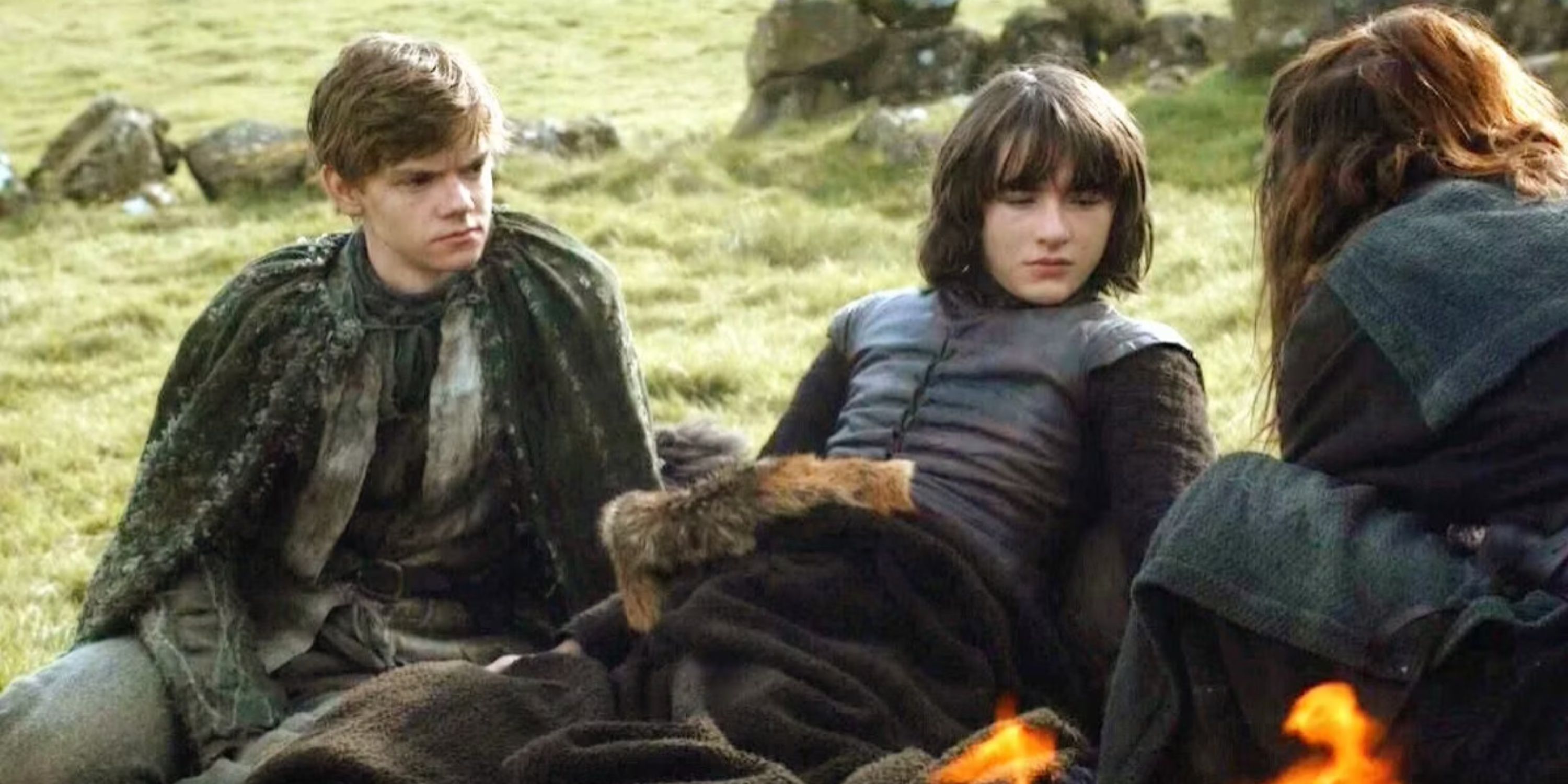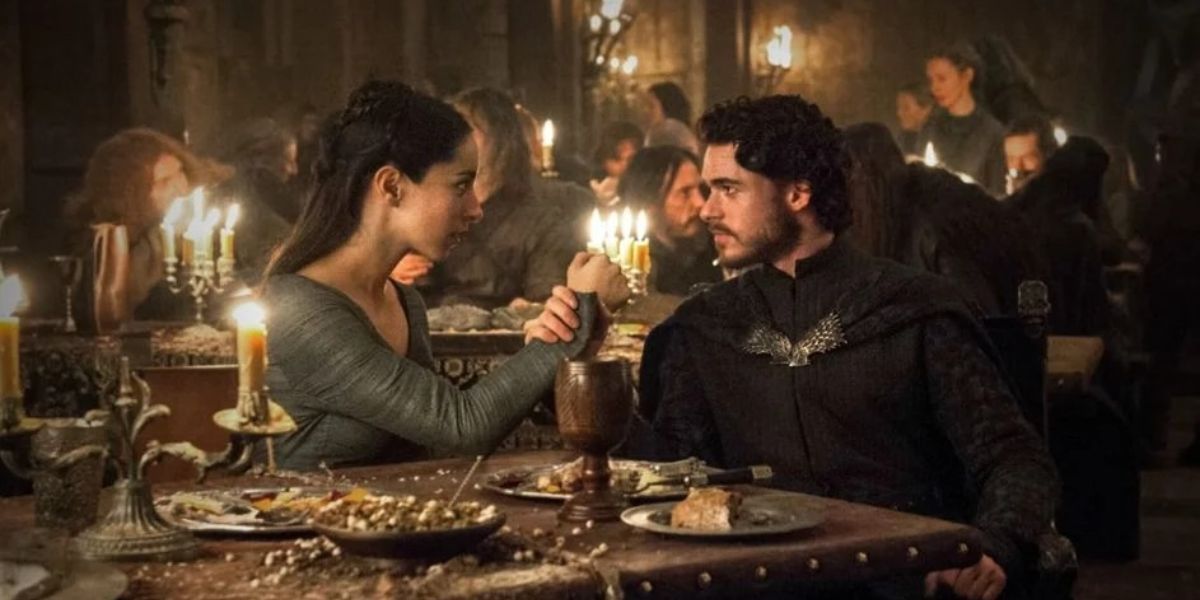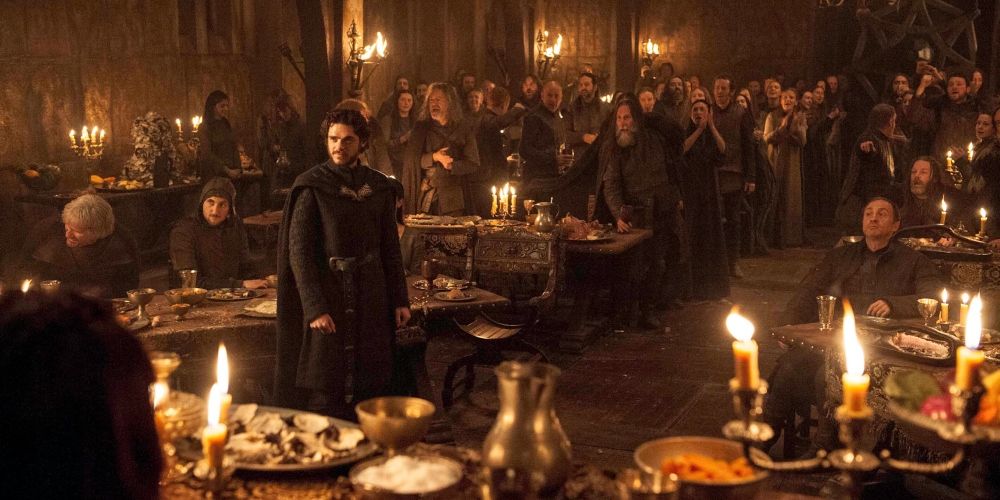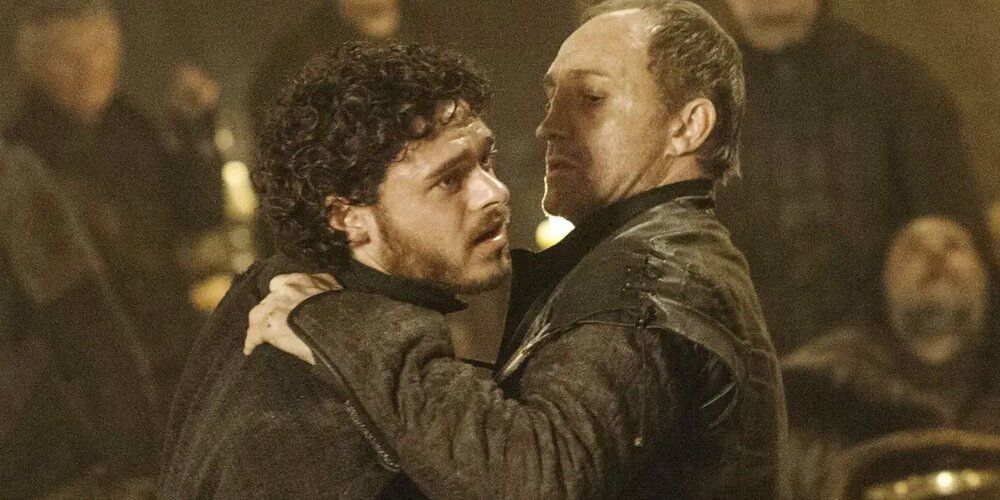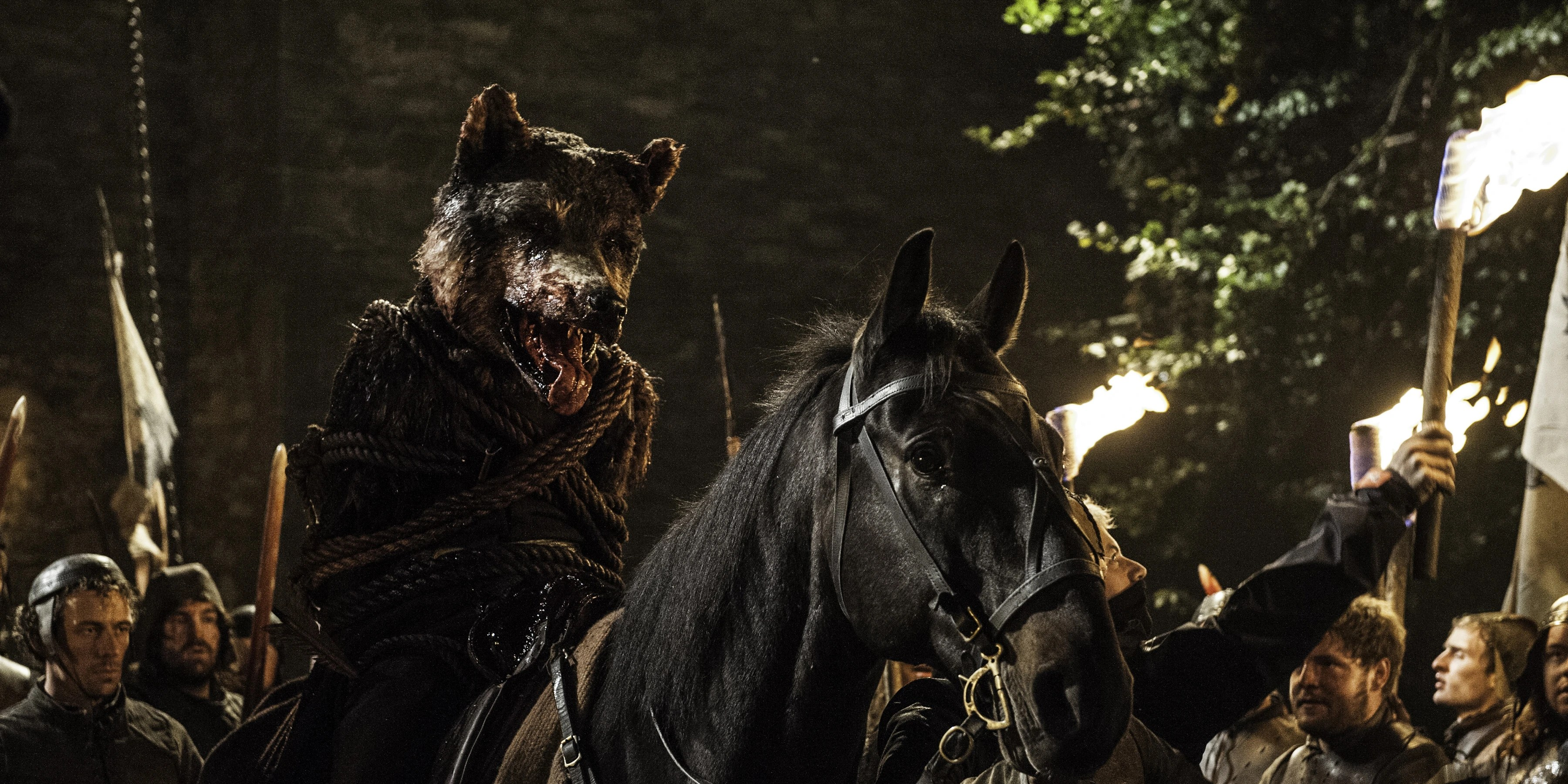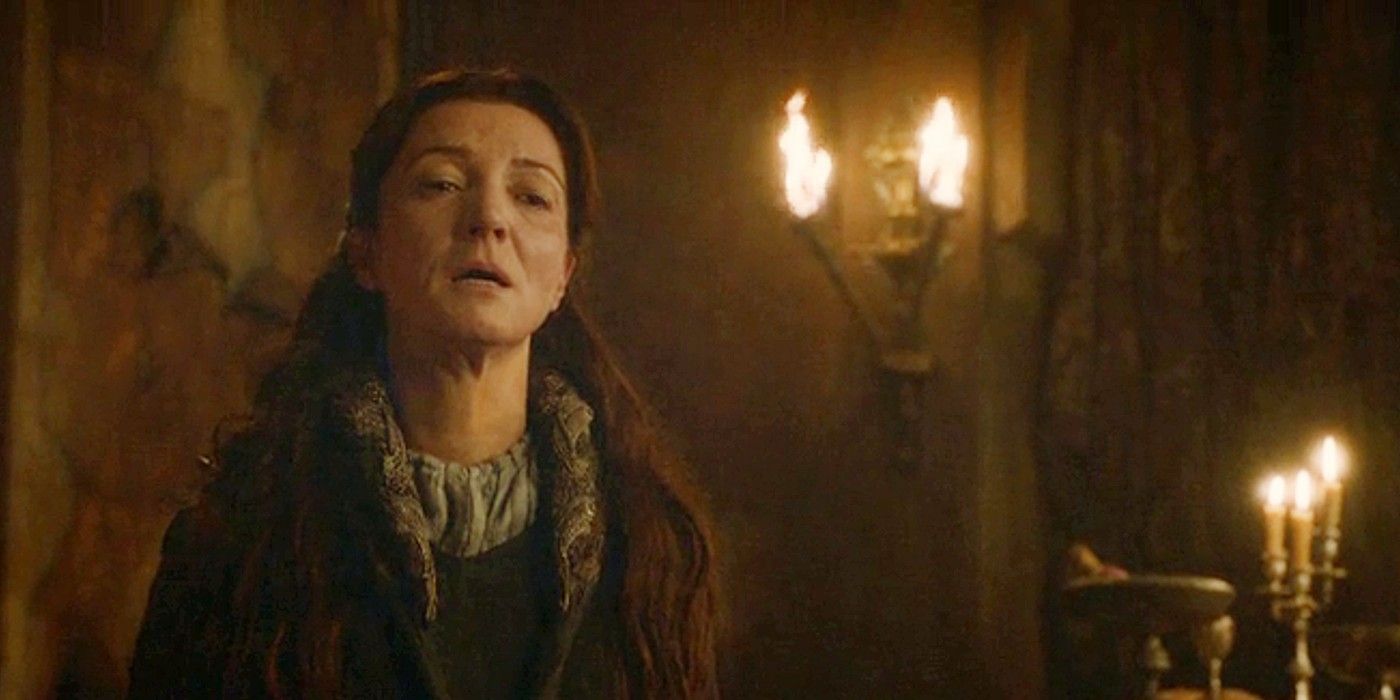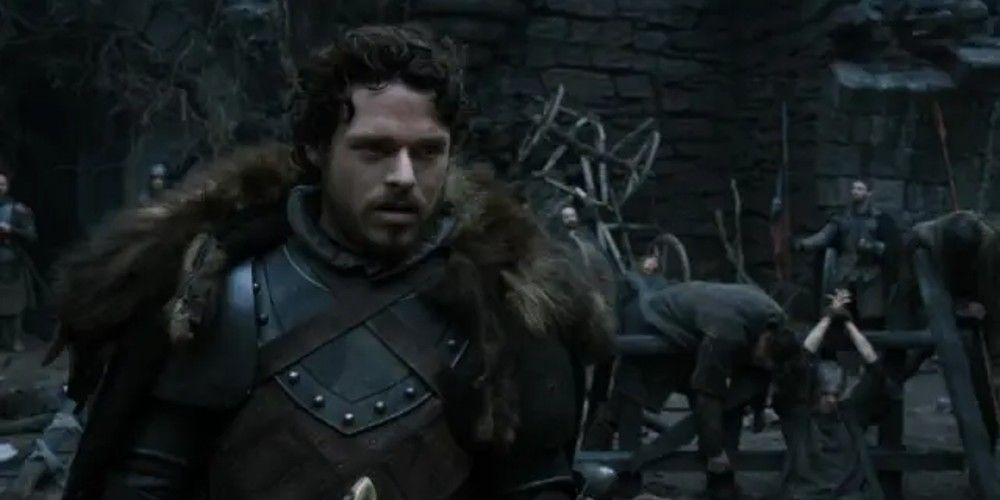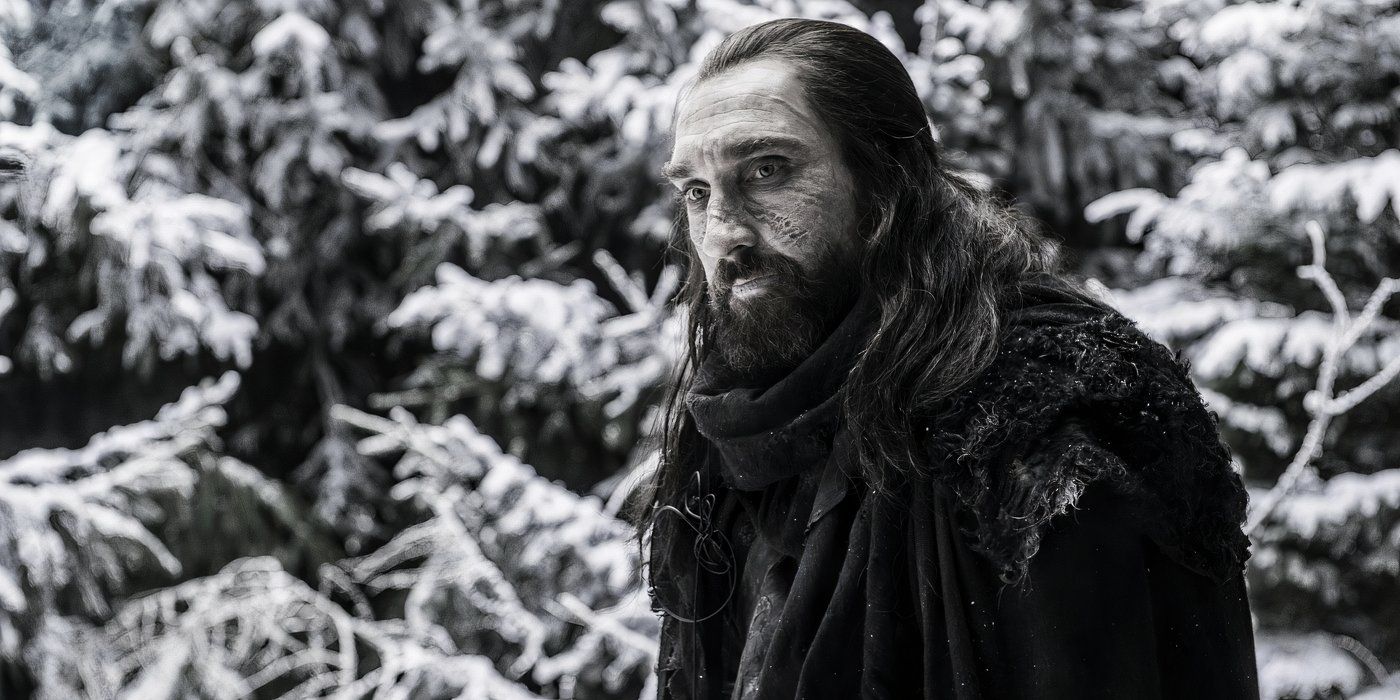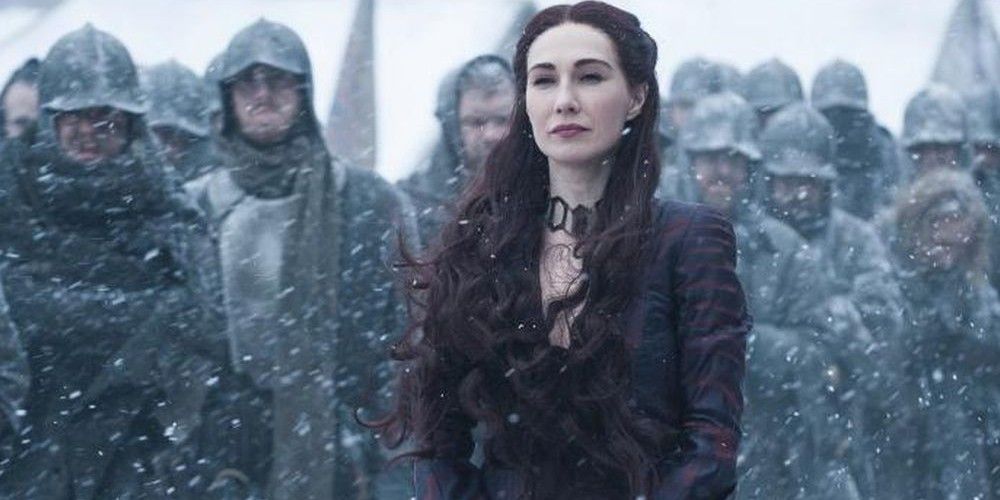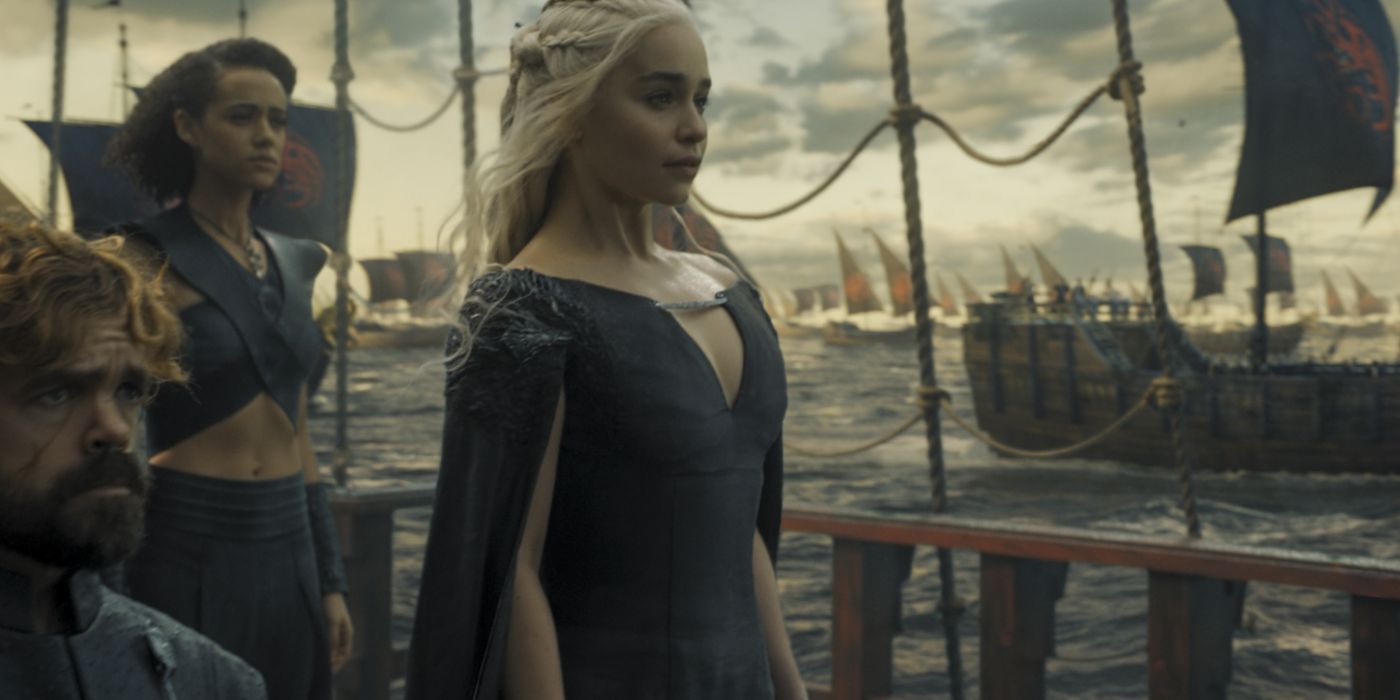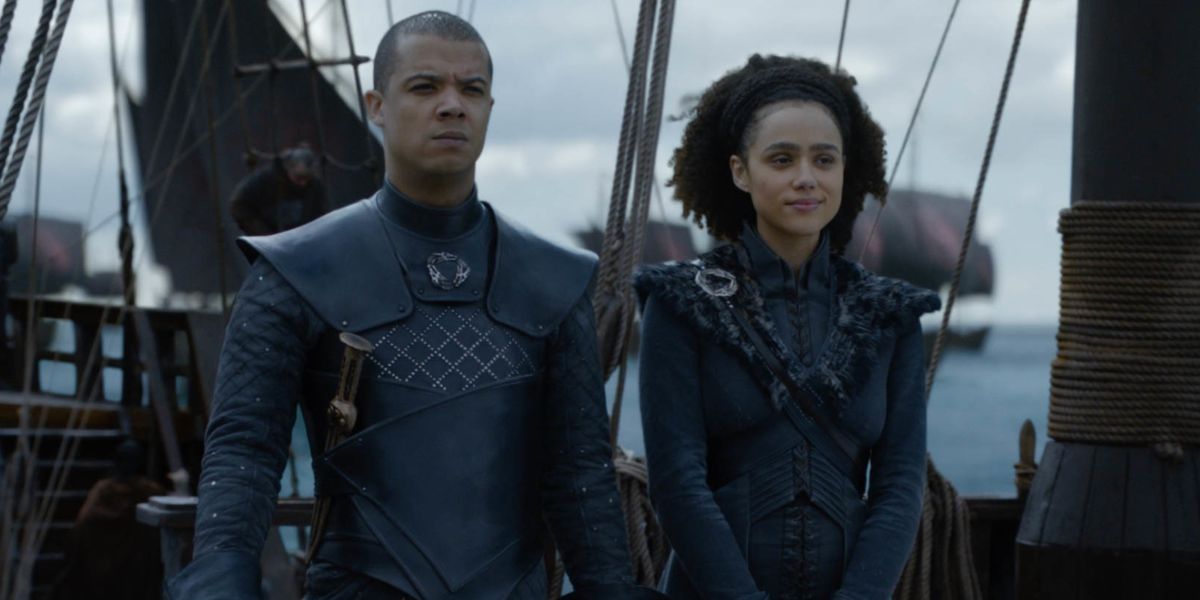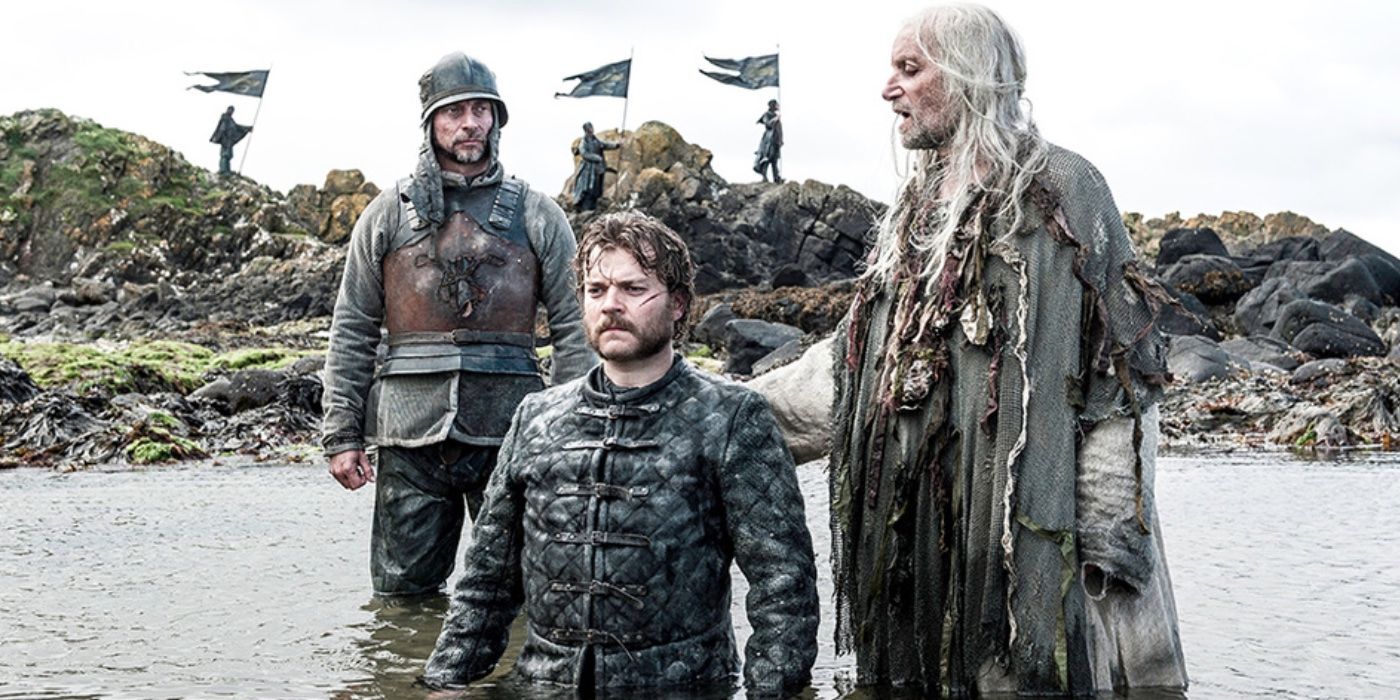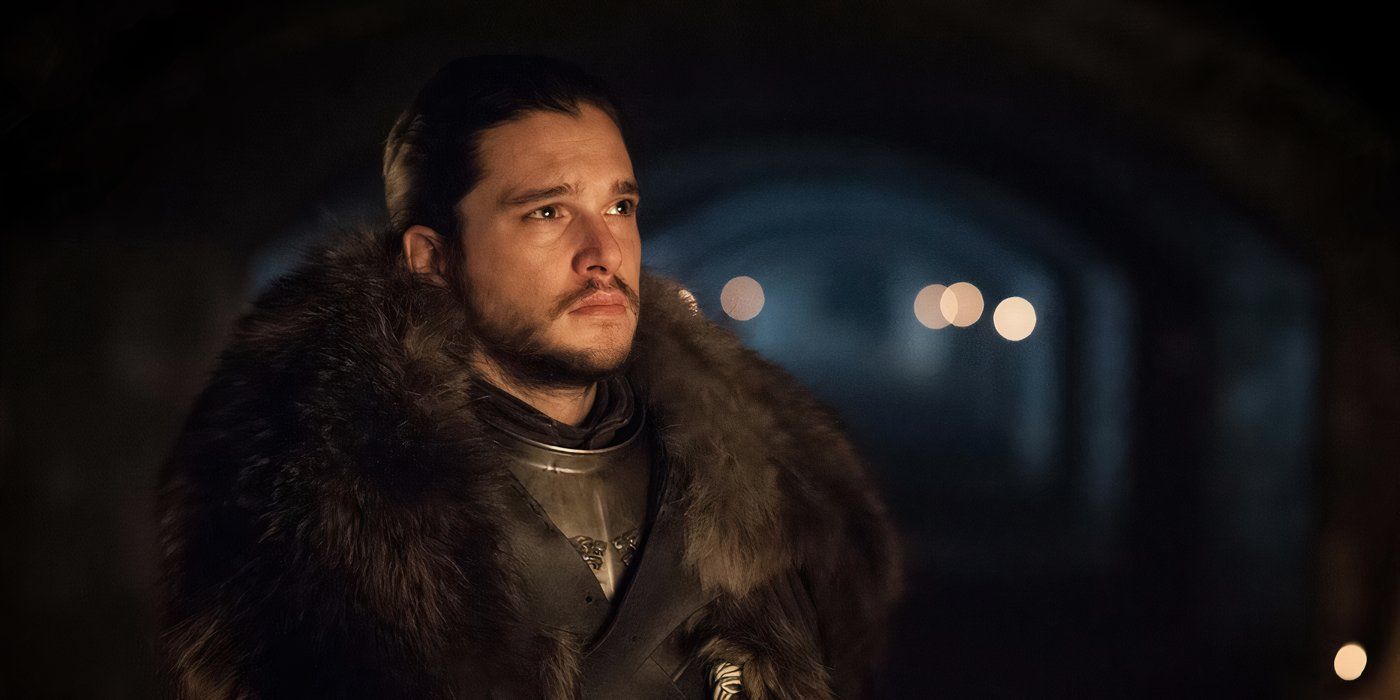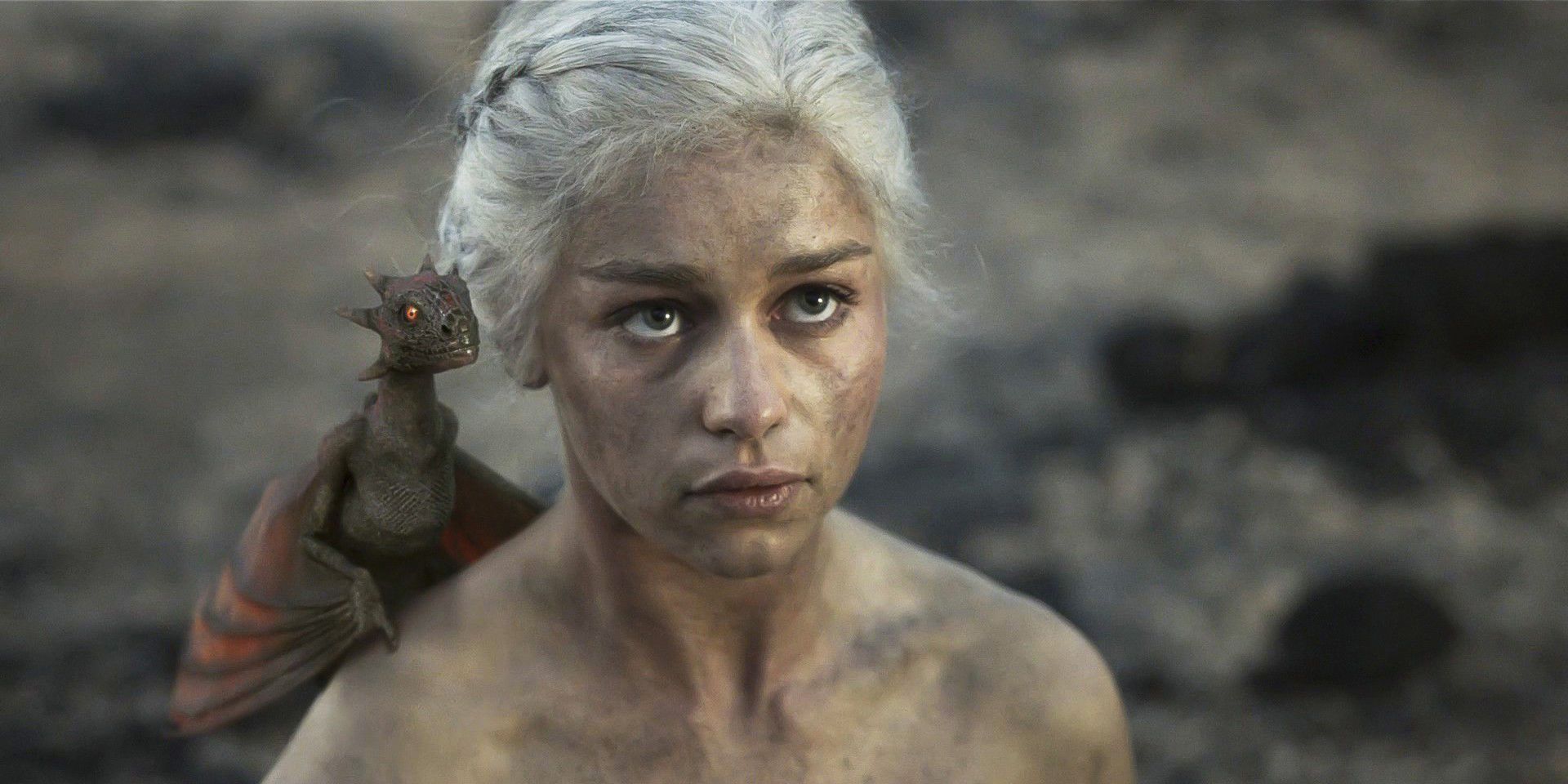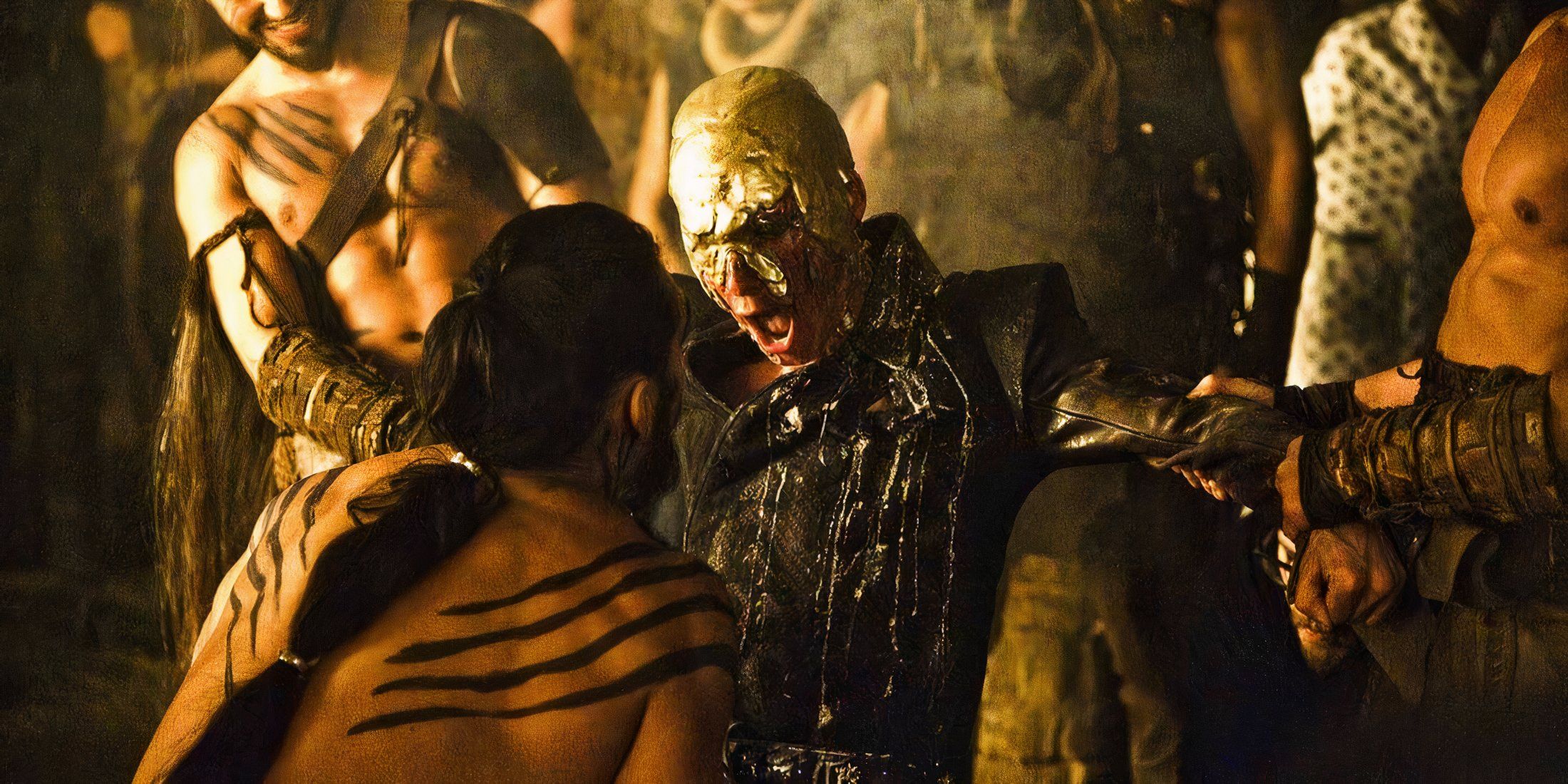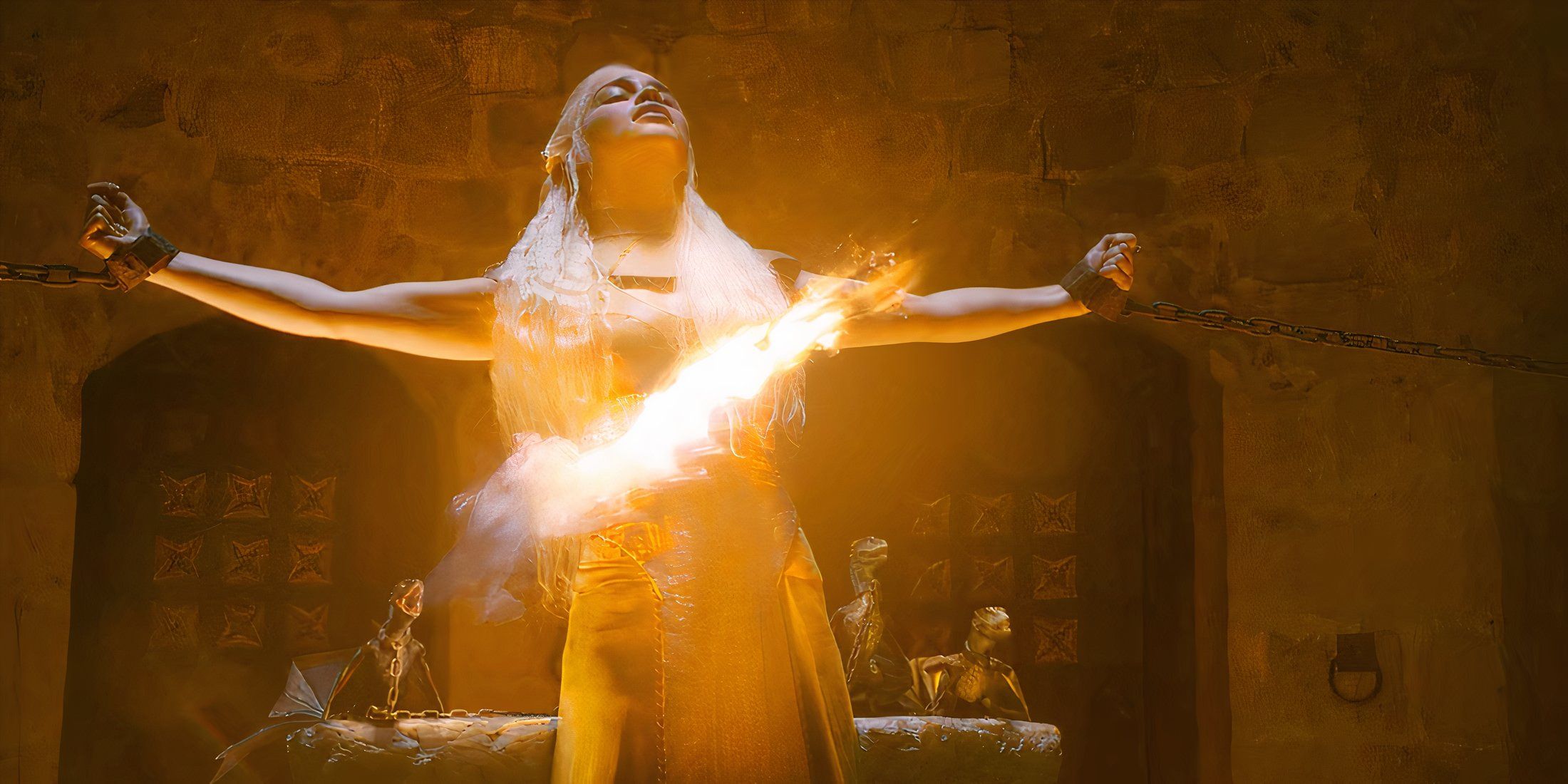
10. The Reeds and Their Connection to the North
The Reed family, particularly Meera and Jojen, play an essential role in Bran Stark’s storyline, but the show drastically downplays their importance. The Reeds are Crannogmen, a unique group of people, who live in the swamps of the Neck and are fiercely loyal to the Starks. Meera and Jojen’s father, Howland Reed, was one of Ned Stark’s closest friends and the only survivor of the famous battle at the Tower of Joy, where Jon Snow was born.
9. The Guest Right Explains Why Red Wedding Was Such an Abomination
The Red Wedding is one of the most shocking betrayals in Game of Thrones, but its horror would have been even greater if the concept of guest right had been clearer. In Westerosi culture, when a host offers bread and salt to a guest, it creates an unbreakable bond of hospitality. Killing someone after they have accepted the guest right is considered one of the worst sins imaginable, angering gods and men.
8. The True Significance of Harrenhal
Harrenhal is the largest castle in Westeros, but its importance goes beyond its size. Built by King Harren the Black, it was supposed to be an indestructible fortress—until Aegon the Conqueror and his dragons burned it to the ground. Ever since, it has been considered cursed, with every family that takes possession of it meeting a terrible fate.
7. Coldhands: Who He Is and Why He Is the Way He Is
Fans have long speculated that Coldhands is actually a long-dead member of the Night’s Watch—possibly even the legendary Night’s King (who is not the same character as the Night King) himself. The show’s choice to merge Coldhands with Benjen Stark oversimplifies the mystery and removes one of the more intriguing supernatural elements of the books.
6. The Lore and Prophecy of the Prince That Was Promised
The books provide layers of lore surrounding this prophecy, including the idea that the prophesied figure must wield Lightbringer, a magical sword forged in blood, and they have to sacrifice a loved one to bring the dawn after the Long Night. Different factions have different interpretations, with Rhaegar Targaryen believing it referred to his lineage, while Daenerys sees signs pointing to herself. The show ultimately drops this storyline without resolution, leaving book readers with far more material to speculate about.
5. The Throne’s Policy of Targaryen Exceptionalism
The show acknowledges this to some degree but doesn’t fully explore how deeply ingrained it was in their rule. Book readers know that the Targaryens maintained their grip on the Iron Throne partly because of this perceived exceptionalism, which allowed them to justify actions that would have destroyed any other dynasty.
4. Grey Worm’s Fatal Fate Because of the Butterflies on Naath
The Game of Thrones TV show presents Grey Worm’s journey as a bittersweet ending, but in the books, it would be seen as a tragic irony. Without Missandei to guide him, Grey Worm likely wouldn’t know about the island’s hidden danger, making his hopeful departure a rather doomed one.
3. The Taboo of Kinslaying in Westeros
The show downplays this belief, but in the books, it’s a critical part of Westerosi culture. Even Tywin Lannister, ruthless as he is, would not want to become a kinslayer. In A Storm of Swords, Jaime and Tyrion have a conversation about Tywin’s potential actions after Tyrion has been arrested for suspicion of murdering Joffrey. Jaime says, “Father is not a forgiving man,” and Tyrion replies with:
While Tywin would love to get rid of Tyrion, he does not want to be known as a kinslayer.
2. Bastards Should Have No Claims to a Throne
The show bends the rules quite a bit regarding bastards and inheritance, especially in Jon Snow’s case. In the books, being a bastard—especially an unacknowledged one—completely disqualifies a person from inheriting any land or titles. Even legitimization by royal decree does not necessarily make them a viable heir. The Northerners would never have declared Jon King in the North, no matter how much they liked him. In the books, Jon is still dead after his brothers of the Night’s Watch stabbed him, but it seems highly unlikely that Jon will eventually be named King in the North.
1. Targaryens Are Not Naturally Immune to Fire
One of the show’s most famous moments is Daenerys surviving Khal Drogo’s funeral pyre, reinforcing the idea that Targaryens are immune to fire. However, book readers know this isn’t true. Daenerys’s survival was a unique, magical event, not an inherent trait of her bloodline. In the book, it says: “The fire was hers, she had paid for it with her pain, her flesh, and her faith. It had taken her fear, taken her doubts, taken all that was Daenerys Stormborn and left only the unburnt.” As George R. R. Martin stated in 1999:
In the books, several Targaryens—including Viserys— die from fire, proving they are not naturally flame-resistant. The show’s depiction of Daenerys as completely immune simplifies a much more nuanced magical phenomenon that applied to one particular event. In A Clash of Kings, when Dany tries to grab a hot brazier, she actually does burn her hands, opposite of what they showed in the show. Each of these details adds layers of meaning to the story that casual viewers might miss or misunderstand. While Game of Thrones delivers many unforgettable moments, book readers know that Martin’s world is richer with lore and history that may unfold in The Winds of Winter.
